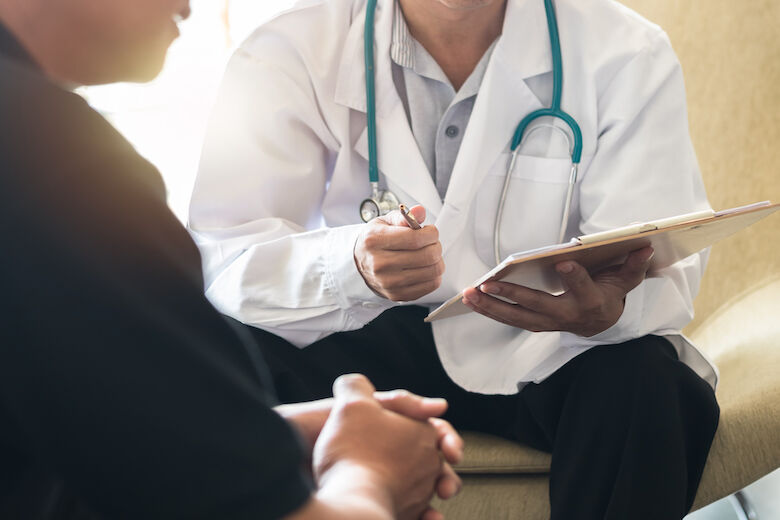This article was republished with permission from WTOP’s news partners at Maryland Matters. Sign up for Maryland Matters’ free email subscription today.

This article was written by WTOP’s news partners at Maryland Matters and republished with permission. Sign up for Maryland Matters’ free email subscription today.
Health advocates will announce plans this week to try to resurrect an O’Malley-era program that reduced disparities in the incidence and treatment of disease — an effort they say should be funded by an increase in the state’s alcohol tax.
The push to bring the program back was fueled in part by the disproportionate impact COVID-19 has had on lower-income families and communities of color, a leading backer said.
The proposal would create Health Equity Resource Communities, five areas that would receive extra funding for programs that boost access to health treatment and reduce conditions like heart disease and diabetes that have been linked to illness and death.
It is modeled after the Health Enterprise Zones Program, which ran from 2012 until 2016 under Democratic Gov. Martin J. O’Malley. That initiative was given five years of funding; his successor, Republican Gov. Lawrence J. Hogan Jr., allowed it to expire.
“The COVID pandemic has made it even more clear that certain communities, especially communities of color, do not have the healthcare resources they need, which leads to disturbing health disparities,” said Sen. Antonio Hayes, a Democrat from Baltimore City and lead Senate sponsor of the planned legislation.
“This Health Equity Resource Communities initiative will direct significant new funding to these areas, a critically needed step for Maryland to build healthier communities for everybody.”
Del. Erek L. Barron, a Democrat from Prince George’s County, will serve as lead House sponsor.
The program would be funded by an increase in the alcohol tax from 9% to 10%.
Because of the impact the pandemic has had on bars and restaurants, the tax they charge would remain unchanged for the first two years, said Vincent DeMarco, head of the Maryland Citizens’ Health Initiative, a backer of the proposal.
He said the proposed hike in the alcohol tax would bring in $14 million in additional revenue in each of the first two years, and $22 million per year after that.
Under the Health Enterprise Zones Program, $15 million was spread among local organizations in five communities that had worse-than-average health outcomes.
Because Hogan is unlikely to support any proposal that involves a tax increase, backers of the legislation hope that it becomes a priority for General Assembly Democrats, who hold veto-proof majorities in both chambers.
Public support
A poll conducted earlier this month found that 69% of Marylanders support a 1% increase in the alcohol tax to boost healthcare programs in lower-income communities and majority-minority areas. One in six was opposed, while 15% weren’t sure.
The poll, of 838 registered voters, was conducted by Opinion Works for the MCHI.
The proposal will be unveiled at a news conference on Wednesday, during which representatives from CareFirst Blue Cross/Blue Shield, the Maryland Hospitals Association, union organizations and other groups are expected to speak.
DeMarco said the pandemic and this year’s renewed focus on racial inequities has led more than 100 organizations – many of them churches – to back the proposal.
“In this time of health equity needs, we have to do this,“ he said. “This is really bringing Marylanders together.”







